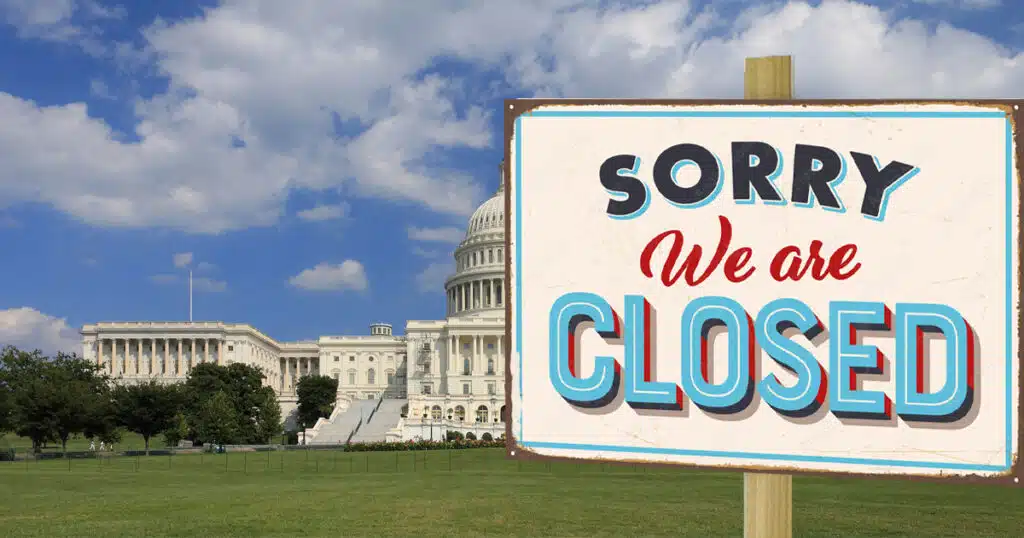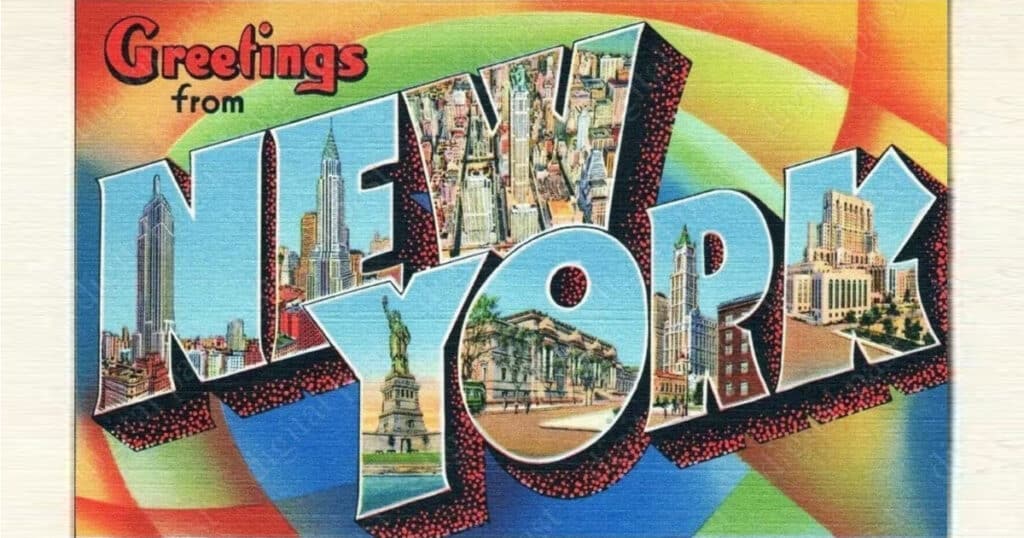
The Vital Role of Mega-Corporations in the Success of Small Business
Right after Trump and a handful of high-profile patriots, billionaires and corporations place high on the woke leftist most hated list.
You see, leftists despise capitalism. The very idea that someone could use their creativity, vision and fortitude to achieve professional and financial success galls them to no end. It’s like a stone in their shoe or a splinter under their fingernail. Successful people serve as a reminder of their own inadequacies, lost opportunities and laziness. It’s much easier to villainize Elon Musk, Jeff Bezos and Mark Zuckerberg than it is to look in the mirror.
Of course, woke leftists loathe publicly traded large corporations as well. They are portrayed as cold, evil, monolithic structures that exploit the poor and the working person for the benefit of fat cat shareholders, billionaire company CEOs and those on the board of directors.
Yep, according to woke leftists, the game is completely rigged.
This hatred manifests itself frequently on social media, where group frenzy gets whipped up with accusations that big corporations have destroyed opportunity for the working person by screwing them on wages and benefits, all so the wealthy shareholders can buy a new yacht or a new island.
If you spend 5 minutes on X, you’re going to run into a post from some angry, aggrieved woke leftist demanding the government take away money from billionaires and corporations and give it to them.
Mega Corporations Help People Achieve the American Dream
It’s easy to point the finger of condemnation at corporate behemoths. Headlines focus on the soaring stock options, the nine-figure CEO paychecks, and the profits that seem limitless. In the public imagination, companies like Amazon, Microsoft, Apple, Meta and Alphabet are often cast as villains. You know the stereotype: greedy, extractive and out of touch. However, this narrow perspective ignores a vital truth that is rarely, if ever, talked about. Millions of small business owners have built their livelihoods, financial independence, and even generational wealth by partnering with those same mega corporations. If we’re going to have an honest conversation about corporate power, we need to acknowledge the people and families whose success depends on it.
Large corporations are often more than just monolithic entities. They act as economic platforms, creating infrastructure and markets that enable smaller players to thrive. Amazon is perhaps the most visible example. According to its 2024 Small Business Empowerment Report, more than 60% of all sales in Amazon’s online store now come from independent sellers, most of which are small and medium-sized businesses. Over 55,000 of those sellers surpassed $1 million in sales last year, with the average U.S.-based seller generating roughly $290,000 annually.
That’s not corporate greed. That’s people living the American dream. That’s the story of tens of thousands of entrepreneurs who found a global customer base because Amazon built the infrastructure to reach it.
The next time you see a photo of Jeff Bezos’ new yacht, think about that for a moment.
Microsoft’s ecosystem tells a similar story on a different scale. The company’s global partner network includes more than 400,000 organizations worldwide, and many of them are small consultancies, IT service firms, and independent developers. These are not subsidiary businesses. In fact, they are independent companies that have grown profitable by aligning with Microsoft’s technology and innovation. It’s a relationship built on mutual benefit. Microsoft expands its reach, and small businesses gain access to enterprise clients and global markets they could never have reached on their own.
Apple’s supplier relationships demonstrate another dimension of this dynamic. In 2013, Apple reported that it spent more than $3 billion with over 7,000 U.S. suppliers classified as small and diverse businesses, supporting tens of thousands of American jobs. These are companies that provide everything from precision components to packaging and logistics. They exist because Apple’s success created a high-demand supply chain with room for specialized smaller players.
Meta, which operates through the Facebook and Instagram platforms, is another quiet driver of small-business growth. As of 2022, Meta reported more than 10 million active advertisers across its platforms, and the majority of them are small businesses. For countless small retailers, coffee shops, authors, and local service providers, Meta’s ad tools are the only affordable way to reach targeted audiences. Behind every sponsored Instagram post or Facebook ad is a business owner trying to create a livelihood, not a corporation plotting world domination.
The Positive Impact of Mega Corporations on Everyday Americans
When small businesses plug into these large corporate systems, two important things happen. First, they gain access to scale and visibility that would otherwise be unreachable. A couple running an online shop in Arizona can ship products worldwide because Amazon provides the logistics. A two-person software firm in Austin can land enterprise clients because Microsoft’s partner program gives it credibility and exposure. A solar installation contractor in Nevada can double his workload by becoming certified to install Tesla Powerwalls.
Second, this access often leads to real economic mobility. According to Amazon’s 2023 Empowerment Report, independent sellers in the U.S. now employ over 1.8 million people, and many of those businesses are located in rural areas and small towns where traditional economic opportunities are limited.
The public condemnation of corporate wealth purposely obfuscates these stories of independence. It’s true that CEO pay has grown to staggering levels, but that’s an issue between the CEO, the Board of Directors and the shareholders. The beauty of America is that there are no limits to the success and amount of wealth an individual with vision and a strong work ethic can achieve.
The truth is these same corporations and visionaries have created vast networks of small businesses that thrive precisely because the corporations do. Large companies build the digital highways, and small businesses drive on them, transporting goods, services, and innovation to consumers around the world. If the highway didn’t exist, many of those vehicles would never have left the driveway.
The Symbiotic Relationship Between Large Corporations and Small Businesses
The relationship between large corporations and small businesses is often misunderstood. They are not natural enemies locked in a zero-sum game. They are interdependent actors in the same economic ecosystem. The corporate giants provide the tools, platforms, and distribution channels, and the small businesses provide the creativity, local employment, and responsiveness that the big players can’t match. Together they generate growth that no single company, or government policy, could create alone.
When you hear that Apple spent billions with small suppliers, that Amazon’s independent sellers generated hundreds of thousands of dollars each in sales, or that Meta’s platforms are home to millions of small-business advertisers, you’re glimpsing an under-reported reality. The success of these companies is not only a story of corporate ambition but also a story of widespread economic participation. Every plot point on a profit graph represents a family business, a local employer, or an entrepreneur who gained the freedom to control their own destiny.
It’s time that ordinary Americans wake up to the reality that, for the most part, large corporations add to their prosperity in large and meaningful ways. It’s not just jobs with high pay and exceptional benefits, major corporations are the single biggest driver for entrepreneurial small business people to achieve their dream of being their own boss, charting their own destiny and reaping the rewards of their hard work.
The problem is not mega-corporations. The problem is a federal government that consistently stifles innovation, penalizes job creators, and sucks as much money out of the business as it can without killing it off completely.



